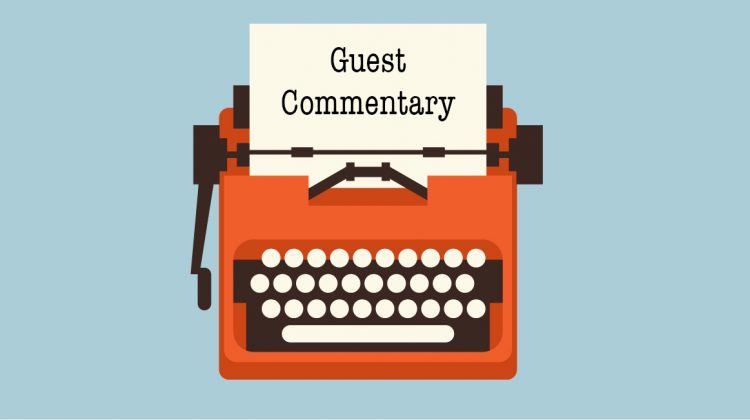Before Sept. 10, I had been drafting an op-ed reflecting on Dr. Martin Luther King Jr.’s “I Have a Dream” speech and what Madam Vice President Kamala Harris’s potential presidential victory could mean for America.
When President Barack Obama was elected in 2008, it felt like the promise of Juneteenth — the promise that no person would remain in bondage — was finally being fulfilled. For a brief moment, it seemed as though the dream of full citizenship and equality was within reach. Yet the backlash to his election revealed just how fragile that progress was. It echoed the aftermath of Lincoln’s Emancipation, when his attempt to extend grace to the Confederacy for the sake of white comfort left the door open to Jim Crow laws, allowing prejudice and discrimination to persist for generations.
The election of Madam Vice President Harris could have marked another turning point. Her victory would have represented the fulfillment of the Civil Rights Movement’s dream of true equality: a Black woman, the daughter of immigrants, raised in a blended family, rising to the highest office in the land. A woman from the very group most disrespected and disregarded in American society would hold the nation’s most powerful position. Her presidency would symbolize the America we claim to be — a nation of opportunity, inclusion, and diversity — the dream Dr. King dared to speak aloud more than 60 years ago.
But the untimely death of Charlie Kirk on September 10 reminded me that America is not yet ready for that achievement. The blatant racism, the anger, the silencing on social media, the closing of borders, and the disputes over the detention of hardworking people — most simply striving to live out their dreams — show how raw emotions around race and equality remain. We are not listening to one another.
It has now been 24 years since the 9/11 terrorist attacks, and for many Americans, that day was the last time we truly looked at one another as brothers and sisters — regardless of race, color, creed, gender, or belief.
On Sept. 11, 2001, I was in the fourth grade at Rockwell Elementary in North Carolina. I remember standing outside with my classmates, singing “Proud to Be an American” and holding a moment of silence for the victims of the terrorist attack. My school had only four Black people, and that day my Blackness did not disappear—but for a brief moment, it wasn’t the dividing line. As children, we weren’t being sorted by race or difference. We were simply Americans. In that moment, united in grief and resilience, we stood together as one country.
That unity was real, but it was fleeting. A week later, we were back to the same divisions.
And in the years since, something has shifted. How many senseless school shootings — at both elementary schools and colleges — have scarred our children? How many nightclub massacres? How many assassinations and attempted murders of politicians? How many times have leaders, even presidents, chosen to invoke violence as a solution rather than turning to the hard work of dialogue and compromise?
When Charlie Kirk was killed, he was painted as a martyr. The cycle continued — thoughts and prayers, doubling down, no solutions. It is a grim reminder of how far we have drifted from that fleeting unity I felt as a child on Sept. 11 — when we looked past race, past difference, and chose to stand together as Americans.
What began as a country pulling together in defense of freedom has evolved into selective empathy. We extend compassion to the widow down the street, to the family whose child died of cancer. And now, in Mr. Kirk’s death, we call him a martyr and a man of God. Yet when George Floyd was murdered, the Black community was told to “get over it.”
This is the heart of the crisis in America: We know how to show empathy, but we only apply it selectively. Not to all. We recite the pledge, but do we truly live “one nation, with liberty and justice for all”?
So where do we go from here?
As a nation, we must see the humanity in people with whom we disagree — people of different colors, genders, religions, orientations, and political beliefs. Empathy can no longer belong only to the white majority, or to Black men, or to the conservative right, or to the liberal left. It must belong to all of us. Only then can we live out the promise of liberty and justice for all.
That would answer Dr. Martin Luther King Jr.’s question — the same question we as Americans still face today: “Where do we go from here?”
The author, Kashawn McRavion-Little, hails from North Carolina currently living in Massachusetts. He is a social worker, business owner, football coach, and believer in Christ and “Good Trouble,” as well as a brother, son, and uncle. He is a good friend and practices what he believes and shows empathy to all. He is a 2025 Local Lynn Black Excellence recipient, a member of the North Shore Juneteenth Association, SEIU Local 509, and the Gifted Crate.



